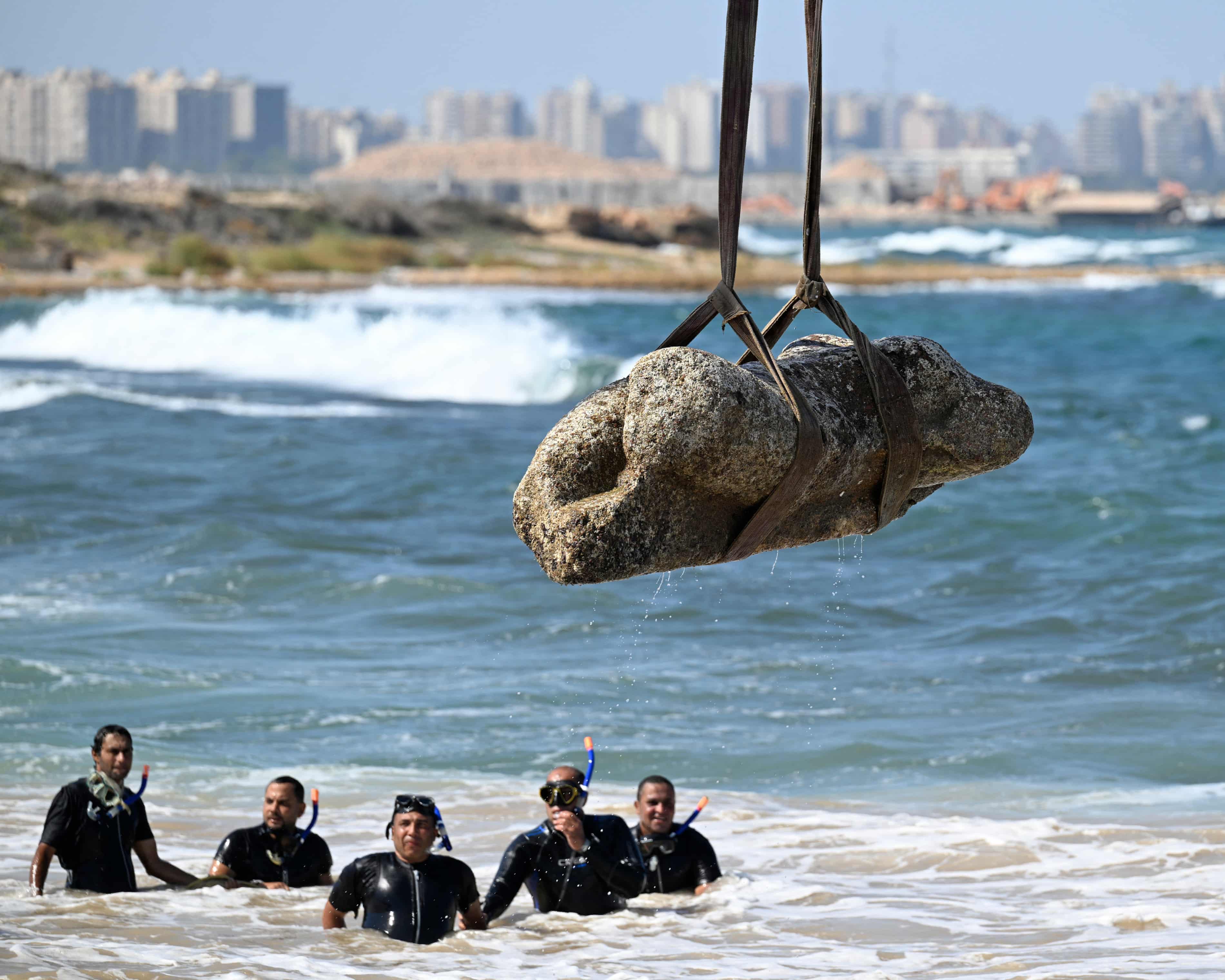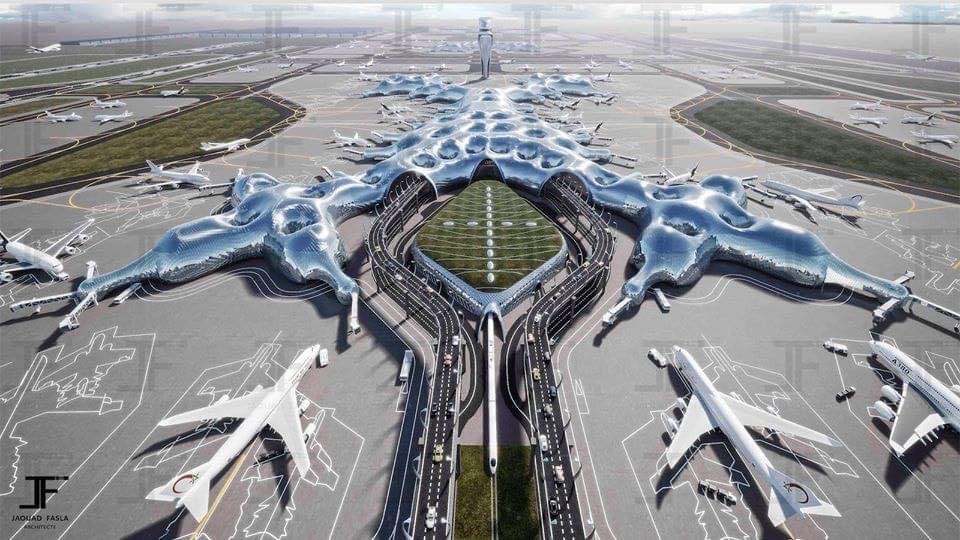Mehdi Mabrouk: The myth of colonization in Saied’s Tunisia

Since the beginning of the 1990s, there have been radical shifts in the scene of migration in the Mediterranean. With Italy and Spain imposing visas specifically on citizens of the Maghreb countries, the first waves of secret maritime migration will erupt, or what is known in the Maghreb countries as “harga“. People are still wondering what it really means; whether it means illegal infiltration, the burning of documents, etc., regardless of the deep connotations that social semiotics can give us, the functions of these countries have changed a lot, and their areas are no longer only a motive for their immigrants, but also a magnet for immigrants. They are also, at the same time, areas of transit visited by thousands of immigrants who are trying to reach the northern shore of the Mediterranean.
The cost is often high for such attempts: money wasted and lives lost in the Mediterranean. Decades later, given the tightening of immigration policies in EU countries, and even the countries of the Arab Maghreb, this region has turned into a trap that attracts migrants hoping to cross, but they settle temporarily, or for a long time in these countries. There is no doubt that the Arab revolutions and the collapse of the border system have, in turn, prompted dramatic shifts in migration. Borders were also used for extortion, as the late Libyan Colonel did when he publicly refused having his country play the role of the policeman guarding Europe’s borders, and secretly blackmailed those countries in order to turn a blind eye to his many transgressions.
While these immigrants usually prefer to settle in Libya, the rest of the Maghreb countries remained unattractive to them, due to many factors, including the economic conditions and security control over them. Tunisia generally remained a transit area, although some migrants chose to settle there temporarily, albeit illegally. Despite the high unemployment rates, the labour market in Tunisia was accommodating for these individuals, due to the Tunisian youth’s reluctance to work hard while earning low wages, such as jobs in bakeries, cafes and restaurants, as well as collecting household waste and cleaning work in urban areas.
READ: Tunisia’s crackdown on dissidents escalating, Saied in panic mode
After the revolution, they benefited from the growth of a civil sense fuelled by civil associations working in the field of migrants’ rights. During the past decade, they were not subject to arrest, except during aborded secret migration operations, which revealed that a large number of migrants were coming from sub-Saharan countries. However, the scene did not witness radical changes in the number of migrants. Statistics used to indicate that the number of nationalities of migrants arrested was nearly 70 nationalities annually, and this number is still almost the same.
The security approach adopted by the Tunisian authorities in what it calls “combating secret migration” did not bear fruit, for many objective reasons, including the length of the country’s coastline, which extends for nearly 2,000 km (if we consider the circumference of the islands), in addition to the lack of logistical capabilities for the maritime border guard due to the suffocating public funds crisis.
Successive governments were not keen to deal with the migration file, and it remained a secondary issue, with the related legislation remaining outdated and not suited to international standards. The law of 3 February, 2004 does not talk about immigration but, rather, about travel documents. It also stipulates penalties that are considered the most severe in the world, without forgetting that Tunisia did not sign the 18 December, 1990 International Convention on the Protection of the Rights of All Migrant Workers and Members of Their Families. Only the 2014 Constitution, before it was replaced, referred in a single article, to refugees and prevented their extradition, although some practices continued not to comply with this.
The waves of illegal immigration have not waned, whether those pushing Tunisians to the Italian shores, or those inviting them to come to Tunisia, either to cross through it or to settle there. According to the most recent studies carried out by the National Observatory for Migration, in cooperation with the National Institute of Statistics, two public institutions that are considered references and which prepared the 2022 National Migration Survey, in cooperation with reputable international organisations in the field of quantitative migration data, the number of foreign immigrants in 2022 reached nearly 70,000 that entered the country, either legally or illegally. However, anti-immigrant voices, in general, continued to express, from time to time, their annoyance with them, citing the difficult situation of the country.
READ: Oussama Romdhani: Internal reform is bitter pill Tunisia must swallow
For example, the National Committee against Trafficking in Persons (NCTIP), has addressed in its numerous reports the increased trafficking and ill-treatment against migrants. Since his election in 2019, President Kais Saied has expressed, on many occasions, his dissatisfaction with the phenomenon. He has taken the initiative to visit several coastal cities, hinting, at the same time, that it is the result of a conspiracy plotted against Tunisia. The hint was not clear at the time, until he openly announced it a few days ago during a meeting with what he calls the National Security Council. He expressed that the phenomenon of immigration falls within a big conspiracy against Tunisia, in order to strip it of its Arab-Islamic identity, and limit its identity to its African identity. He said that it is an attempt to change its demographic composition, in an effort to “colonise” it, denouncing the parties that received money to settle immigrants, referring to the organisations that fight to integrate these people, and prevent racist attacks against them, which have increased in frequency, despite the enactment of a law against all forms of racism in 2018. These shocking incidents sparked a wave of condemnation, at the national and international levels, especially since acts of violence accompanied these incidents and harmed some immigrants.
Populism has always been a breeding ground for anti-immigrant hatred.
Mehdi Mabrouk was the Tunisian Minister for Culture in 2012-13. He is a university professor and political activist, and has published several books and articles in Arabic and French. He was a member of the Higher Authority for the Achievement of the Aims of the Revolution, Transitional Justice and Democratic Transition, which managed Tunisia’s transition to democratic elections in 2011. This article was originally published in Middle East Monitor.
The views expressed here do not necessarily reflect those of Maghrebi.org but we do nonetheless encourage freedom of expression and even the ‘right to reply’. If you want to contribute to the Opinion section, feel free to send your article to opinion@maghrebi.org with a detailed bio including a twitter handle at the end of the piece.
Want to chase the pulse of North Africa?
Subscribe to receive our FREE weekly PDF magazine














